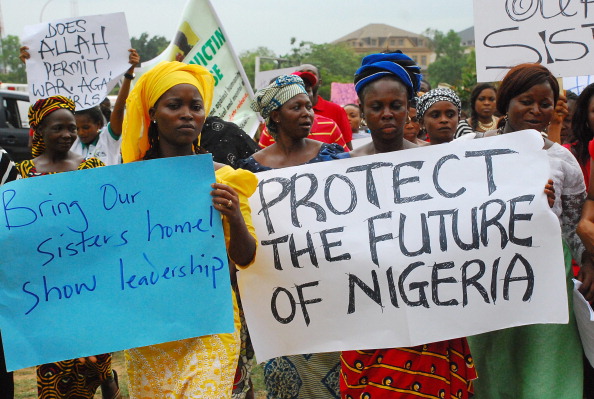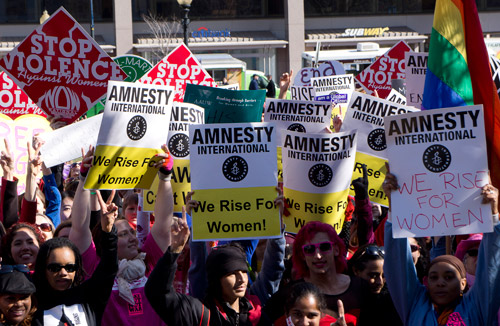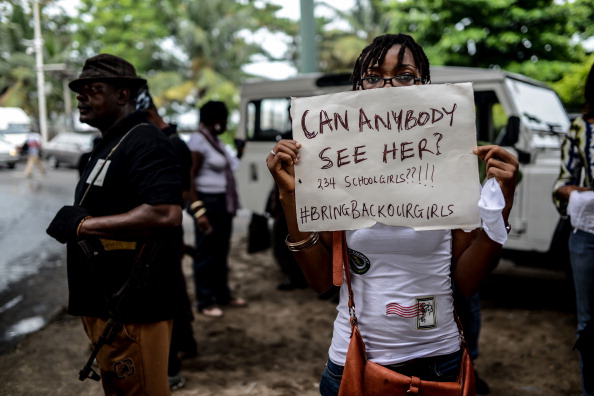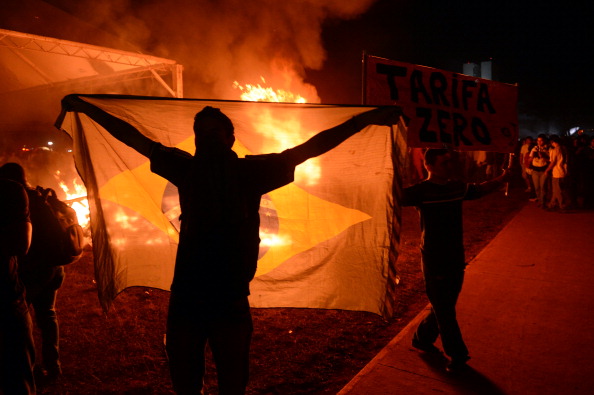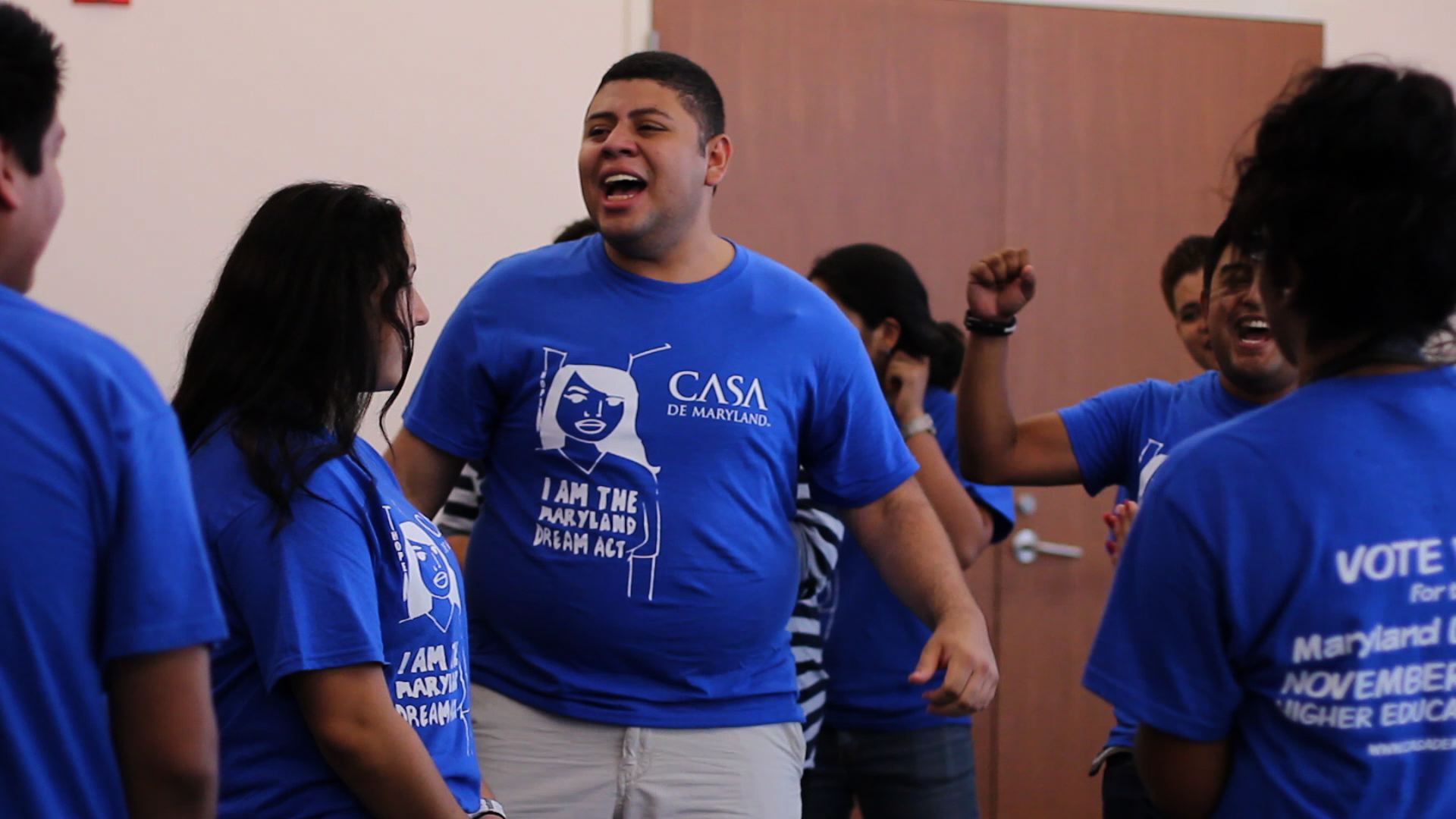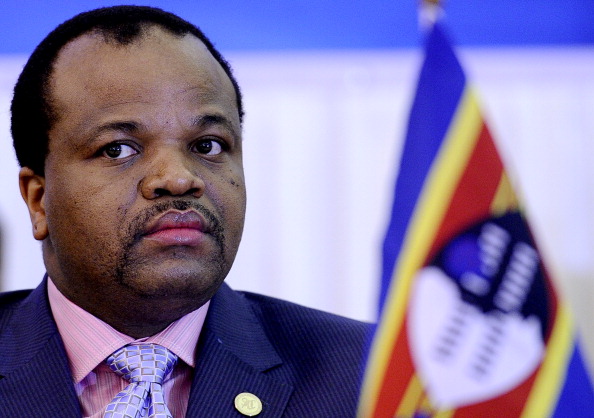
Swaziland’s King Mswati III is one of nearly 40 heads of state on the guest list for President Obama’s U.S.-Africa Leaders Summit (Photo Credit: Stephane de Sakutkin/AFP/Getty Images).
Johanna Lee contributed to this post.
Starting August 4, the Obama Administration will host a mini replica of an African Union (AU) summit. As many as 40 heads of state from the continent will be on hand for the U.S.-Africa Leaders Summit, a conference that will look at ways to boost trade and investment in the continent, tap into Africa’s burgeoning youth population, and promote good governance.
The idea for such a summit is laudable, considering the critical issues that will be discussed – issues that will continue to be key challenges for both Africa and U.S. policy towards the continent and as part of addressing the chronic need to raise educate the public about the realities of the different countries that make up Africa, unknown success stories and it’s untapped economic potential.
Unfortunately, unless a major change is made, the summit risks simply becoming an AU heads of state road trip with a photo-op at the end to confirm that they visited Washington before returning home.

